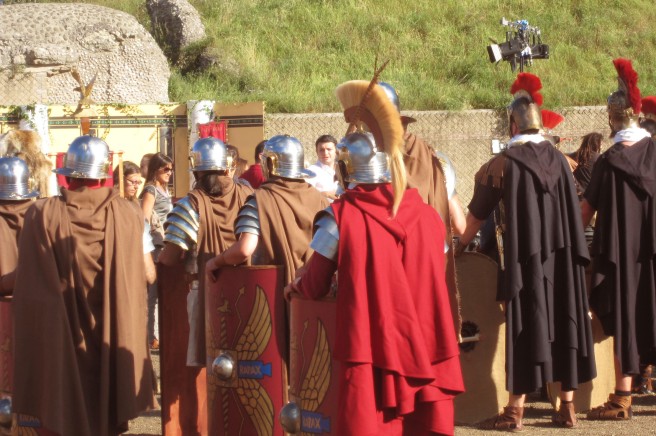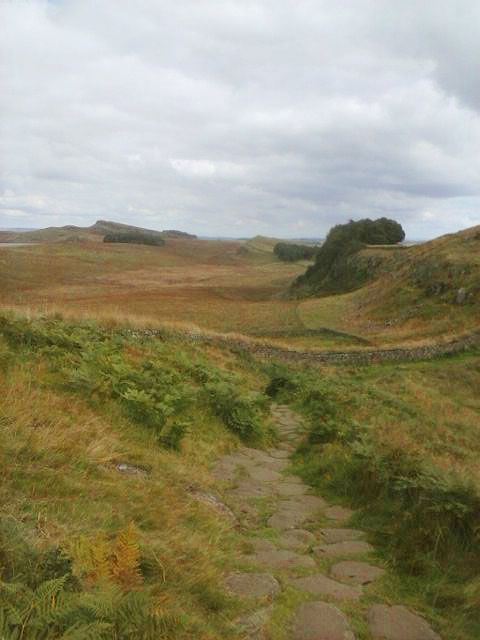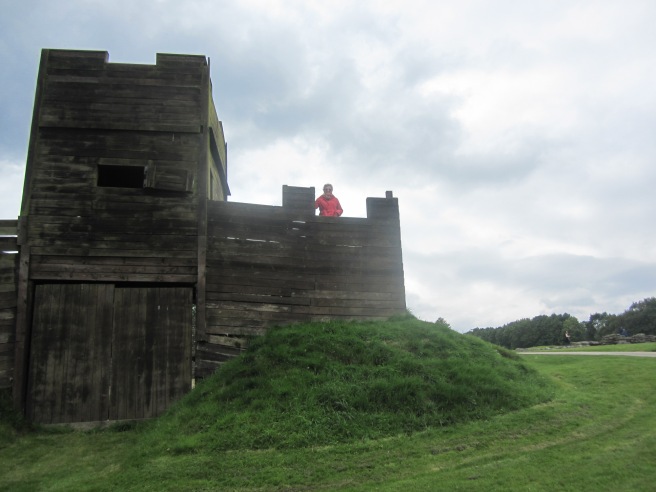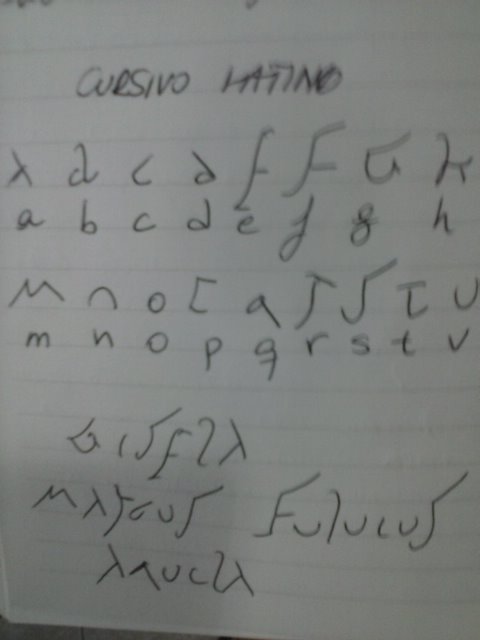Cada día, cuando encendemos la televisión o el ordenador, las desgracias del resto del mundo caen sobre nuestros platos, y cambiamos de canal cuando no lo soportamos. Estamos rodeados por una violencia virtual que no nos incumbe, ante la cual estamos anestesiados. Por ejemplo, no había hecho demasiado caso a Venezuela que por cierto, terminada la campaña electoral, ha desaparecido y caído prácticamente en el olvido (excepción hecha de un periódico que habló de ella este fin de semana, y, de mal pensada que soy, dudo que lo hiciese por motivos humanitarios y desinteresados). Quienes hemos leído el libro de la escritora venezolana Karina Sainz Borgo, “La hija de la española”, hemos podido leer una historia desgarradora, en la cual la experiencia de la protagonista Adelaida puede resultar, desde nuestro cómodo sillón a este lado del Atlántico, inverosímil o increíble. Sin embargo, hay veces que, por casualidad, se es testigo de cómo desaparece la línea sutil que separa la realidad de la ficción.
Una vez por semana suelo ir con mi marido a tomar un aperitivo en un local tranquilo del pueblo en el que vivo, a unas decenas de kilómetros de Roma. Nos suele atender una chica, a veces con su pareja, otras acompañada por una mujer algo mayor que yo. Soy muy despistada, por lo que no había caído en que la chica del bar no habla un italiano perfecto; fue mi marido quien se dio cuenta y le preguntó el domingo pasado de dónde es. Cuando dijo Venezuela empecé a hablar español con ella y su rostro se iluminó. Bastó poco para hablar de libros y recomendarle la novela de su compatriota Karina Sainz. Ella conocía a la escritora de fama porque es licenciada en periodismo, así que le comenté por encima de qué iba la historia, y cuando ella empezó a asentir, a decir “sí, esas cosas pasan”, fue cuando se empezó a difuminar la barrera entre realidad y ficción. Ella me contó que “su mamá” (pensé enseguida en Adelaida… mi mamá compró la parcela hace mucho tiempo, tiene bonitas vistas) estaba en Venezuela y que quería que viniese a Italia pero que para ella era difícil dejar parientes y amistades. Mientras ella hablaba, me asaltó la misma sensación que tuve cuando leí la novela, la sensación de fragilidad; nosotros afortunados, que vivimos y hemos nacido en este lado del charco, y además, al lado norte del Mediterráneo. Pensé, viendo a esa chica hablar, en nuestra inconsciencia al no apreciar algo que basta muy poco para perder. Todas esas cosas frágiles y bellas que damos por sentado y que no lo son en buena parte del mundo: la libertad, la seguridad, el bienestar.
Así pues, le prometí a la chica que le dejaría mi copia de “La hija de la española” para que se la leyera, además de uno de los títulos de Zafón que acumulé en el periodo de lectura compulsiva de tal autor. Al vivir a solo cinco minutos a pie del bar, fui a casa y se los llevé en seguida. Ella me los agradeció entusiasmada, con la mayor de las sonrisas, y le pregunté si había llegado a ejercer de periodista en Venezuela. Me dijo que no, que había hecho solo algún que otro trabajillo, pero que como con la dictadura no podía contar la verdad… En esos momentos levantó los hombros, resignada. Y noté que algo se me cerraba en la garganta: esa chica alta, risueña, una de esas personas que llevan escrito en la cara que son buena gente, podía ser una de mis sobrinas, podría haber sido yo. Mientras yo vine a este país con su misma edad lo hice con la seguridad de poder volver cuando quisiese al mío, de estar cerca, de contar con que mi país es un lugar tranquilo y pacífico. Nació dentro de mí la necesidad de abrazarla y besarla; cuando lo hice, me di cuenta de que la otra señora del bar me estaba mirando y suspiraba con lágrimas en los ojos, creo, por lo que he visto frecuentando el local, que es su suegra.
No sé por qué, mientras sentía ese nudo en la garganta que cada vez se cerraba más, dije, mirando a la mujer mayor, un instintivo “brava, è una bimba coraggiosa” (es una niña valiente); me deshice del abrazo y salí apresuradamente del bar para no ponerme a llorar delante de los parroquianos.
Si no hubiese sido por el libro de Karina Sainz Borgo, no habría sido capaz de entender qué había detrás de la mirada buena y triste de esa muchacha, y probablemente no me habría salido ese abrazo, esos besos. Un milagro de la literatura.





















